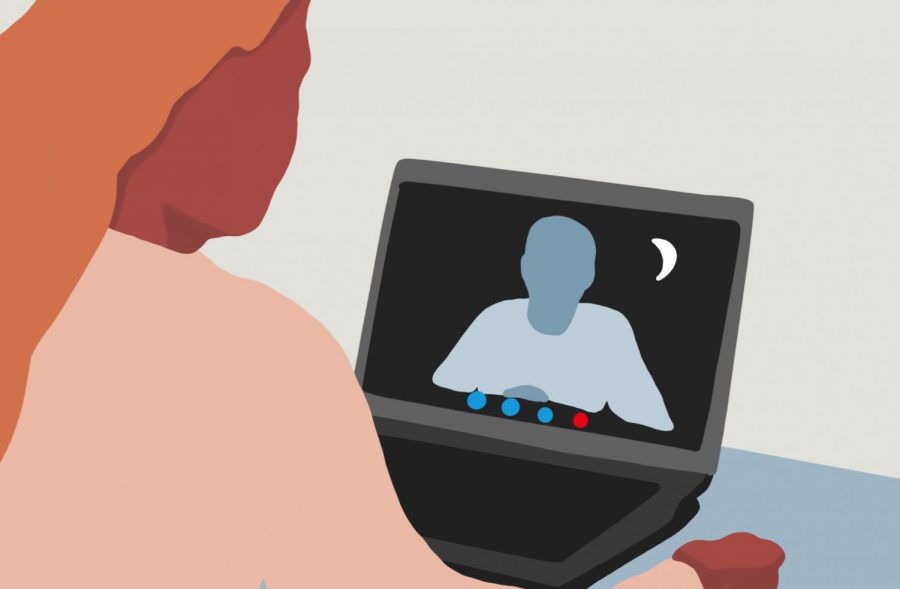International struggle against time zones, isolation
Jan 20, 2021
With almost a year going by since the outbreak of the pandemic, the education sector has suffered tremendously as things shift to online learning. With the overall global distress taking its toll and creating unprecedented challenges, one significantly affected community is international students studying in different time zones.
Students enrolled in colleges abroad could not have foreseen 2020 as a year of worldwide lockdown and did not expect their international student experience would be reduced to Zoom calls from their bedrooms at odd hours in the day and night.
With time differences ranging from 3 to 14 hours, class times sometimes go beyond midnight and students are pushed to strike a balance between two different worlds whilst maintaining a healthy work routine.
Hamza Khan, sophomore in engineering, spent several months of the fall semester in his home country of Qatar, said, “I have synched my sleep schedule with the Illinois Central time, I sleep during the day and stay awake at night; my dinner time is my breakfast time and vice versa.”
In addition to that, he said he had concerns about having a distracting study environment at home which had far more hustle and bustle in comparison to his dorm room environment and consequently would end up affecting his concentration levels.
Get The Daily Illini in your inbox!
During the time Khan was on campus, he was in touch with his international classmates who were not able to travel back to campus.
“With their time-difference, they struggled keeping pace with classes and homework submissions and I feel they should be allowed flexibility in meeting deadlines,” Khan said.
International students with research degrees requiring lab attendance and synchronized group meetings are also facing a challenge. Sajida Riffat Laraib, third year Ph.D. student in Clean Power and Renewable Energy at North China Electric Power University, Beijing, could not travel back to her university from Pakistan to China due to travel restrictions. Her research experiments which necessitate specialized lab equipment, have suffered immensely.
“Without technical lab apparatus for my experiments I was unable to take my research forward, but my university gave me the flexibility to switch my line of research to a more theoretical track,” Laraib said.
Abdul Moiz, second year Ph.D. student in engineering from the University of Houston, currently residing in Pakistan, faced a similar situation where he initially found adapting to the late-night online class routine a challenging task. With time, though, he slowly slid into the routine.
“With the rising second wave of COVID, if given the choice, I would prefer staying in my home country for the spring semester as well since having my family around me provides a sense of security and ensures that people are here for me and I feel more productive this way,” Moiz said.
The overall distance learning experience during the pandemic has proven to be a tumultuous roller-coaster ride for many with much-unexplored territory still ahead.






